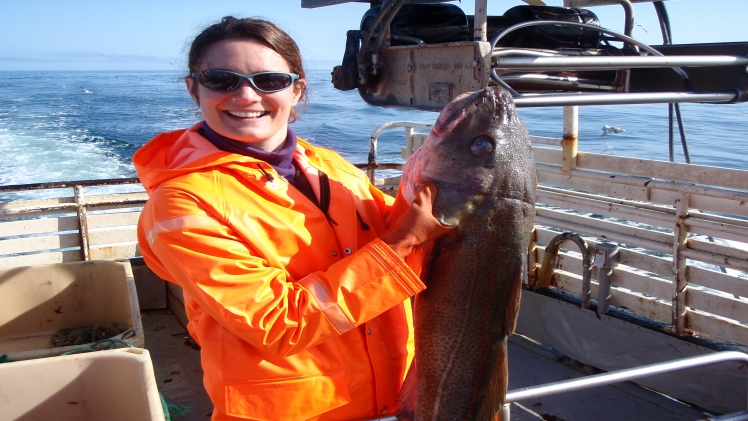The U.S. Coastguard reported 5,265 boating accidents and 767 fatalities in 2020. Small boat fishing can present greater hazards than larger vessels.
You need to know what to look out for, and we can help. With the right approach, you can overcome dangers and get back to fishing.
Before we launch, you should never fish in conditions beyond your training and experience. But there are key pointers to help you right away.
So, why is small boat fishing hard?
More Vulnerable to Conditions
Small boats are lightweight and less stable than large boats. When the wind picks up, bringing the waves with it, you can find yourself off-course.
Currents can pull you towards hazards in the swallows.
Prone to Tips and Capsizes
Broadside waves can tip your small boat. You and your crew could be injured by equipment when unstable. Crew can fall overboard easily.
The low sides of a small boat let large waves in. Your deck can fill quickly, and a small boat can sink fast.
Less Space for Crew to Move Around
You may find it hard to stand, search for equipment, and pass other crew members. Your equipment can be a danger due to sharp points.
You Need to Pack Less Equipment
Your tackle, bait, rods, and other gear will be minimal. You will pack fewer items like food, water, and emergency equipment.
Now, onto the good news!
Overcome Challenges with Safety Equipment
Pack personal flotation devices (PFDs) for all your crew. You need wearable types 1,2,3. You will also need throwable type 5s.
Pack waterproof first aid kits. Get attention with sound and light devices: horns, whistles, strobes, and flares. Water pumps can keep you afloat.
Check here for full small boat safety equipment.
Train for Small Boat Fishing
Vital for all small boat fishing. Study first to keep you and your crew safe. Click here for U.S. Coast Guard safety courses.
Survey the Conditions Before You Launch
Check weather maps and forecasts. Ask locals for advice if you are new to the area. Never launch without knowing what to expect.
Pack Light: Less Equipment, Fewer Crew Members
Study the fishing ground. Choose bait and gear with wisdom. What do you want to catch and where?
Fewer crew members mean you can move easily. Your boat will be less prone to tipping and capsizing. But never go out alone.
Keep your small boat for fishing in top condition. Before your next trip ask: ‘Where can I find boat detailing near me?’
Tell People Where You Are Going
These can be friends, family, fishers, or officials. Give them your crew and boat details, including emergency contacts.
Give your departure time and launch point. Let them know when to expect you to return.
Time for a Small Boat Fishing Trip!
We hope you enjoyed our guide to small boat fishing. Respect and prepare for the dangers. Use these points and seek training before you hit the water.
Now get out there and catch some fish!
Enjoyed this article? We have more sports, health, and automobile tips. Browse our site to learn more!

